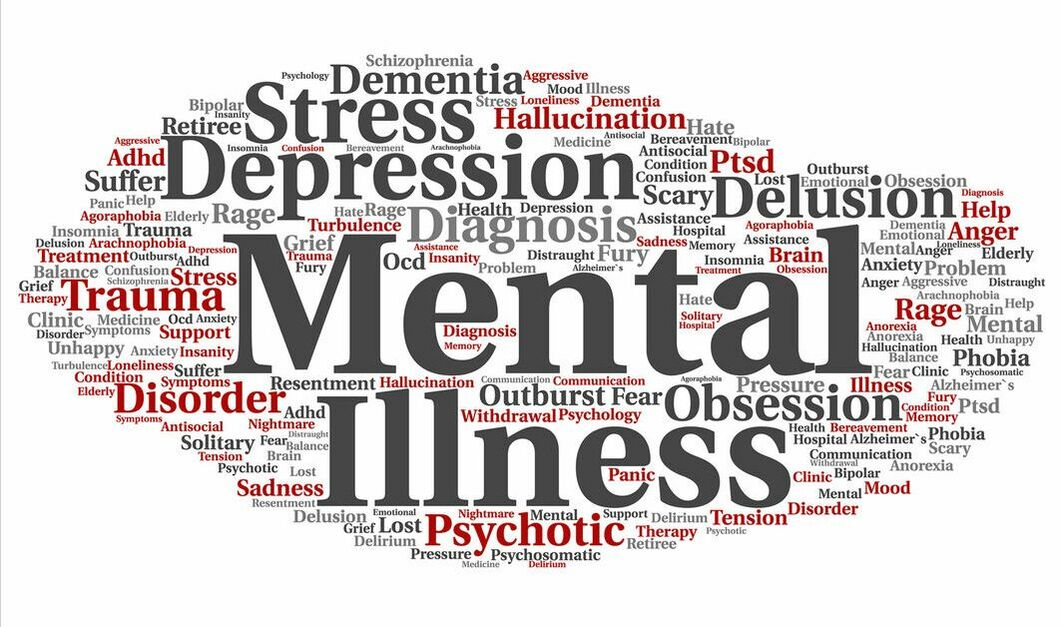Treatment IssuesAngerAnger is a strong feeling of displeasure. It is often a reaction to stress, failure, or injustice. Anger can range from mild irritation to full-blown rage. It is normal to experience anger. At times, anger is the appropriate response to the actions of others. When managed correctly and kept in check, anger can be an important ally to a healthy Individuals. But anger has risks, perhaps more than any other emotion. It can alienate people from others and lead individuals to do things they later regret. The causes of anger can vary. It may be triggered by external factors such as bullying, humiliation, and loss. Internal factors, such as frustration or failure, can also lead to anger. Anger is not always a reaction to a present circumstance. Sometimes a situation will unconsciously remind a person of a past experience. A person may displace their anger about the past onto the present situation. Anger typically has less to do with an event and more with how a person reacts to the event. Certain negative thought patterns often precede an outburst of anger. By challenging these negative thought patterns, most people can reduce their anger. These patterns include:
Anger can help individuals relieve stress by motivating people to solve a problem instead of enduring it. For example, a person caught in a frustrating traffic jam may look for a faster route home. A healthy expression of anger can open up dialogue about negative feelings. In a fight-or-flight scenario, anger can be necessary for survival. Some people may show anger because they have difficulty expressing other feelings. They may have been taught that certain emotions, such as fear or sadness, are unacceptable. Masking these emotions in the form of anger may work as a defense mechanism. Anger may allow the person to avoid feelings which could damage self-esteem or cause more stress. Yet it can also hide the actual issue at hand, delaying a resolution. Like many emotions, anger by itself is neither bad nor good. The consequences of anger depend on how a person reacts to the emotion. Some people feel that letting their anger out by screaming or yelling at someone else helps them feel better. But angry outbursts can become a habit. Aggression tends to cause more anger, not less. Moreover, the way other people react to anger can fuel an individual's stress and may lead to increased anger. Other individuals may express anger through passive aggressive behaviors. Passive aggression is a subtle attempt to change, stop, or punish an action. For example, a teen who is upset that her family ate dinner without her may "forget" to clean the dishes that night. A person may feel passive aggression is a safer or more polite way to get what they want. However, it is more likely to cause confusion than solve the issue. Assertiveness is one of the healthiest ways to deal with anger. An assertive person will state what they need in a clear and direct manner. They will try to get their needs met without hurting anyone else. Assertiveness is the middle ground between being pushy and being a pushover. Anger is a powerful emotion that can influence people's thought patterns and behavior choices. It can also cause physical symptoms. An angry person may develop headaches, rapid breathing, or a pounding heart. Anger may be a problem when it leads to regular aggression and violence. Someone with anger issues may find themselves constantly yelling or throwing tantrums. They may struggle to enjoy company without getting into an argument. Unchecked aggression can cause social problems. If a person becomes violent, they may also get in legal trouble. Anger can also be directed toward the self. A person may engage in severe self-criticism to cope with frustration. Over time, they may develop a low self-esteem or even self-hatred. A person may act on this anger in the form of self-harm. Some people may be aware of their anger issues but not know what to do. The individual may be so overwhelmed with emotion that they feel unable to control it. When treating anger, I always look for the underlying causes of anger. Anger can be closely tied to several mental health conditions, including:
People with chronic anger may also be at a higher risk of substance abuse. Drugs and alcohol can help mask anger temporarily. Yet they may also have the effect of worsening one's anger, as drugs and alcohol can reduce self-control and tend to increase impulsivity. Therapy does help when you develop the necessary skills to manage overwhelming emotions. They may also help a person address underlying emotions and memories that may be contributing to the distress. With time and patience, anyone can learn to control their anger. Do you have difficulty managing your anger? Is your anger impacting your quality of life? If so, please contact me at 415-454-8931 or [email protected] |
If you like what you have read, and you think I could help, please call or email me for a free consultation at 415-454-8931 or [email protected] |
